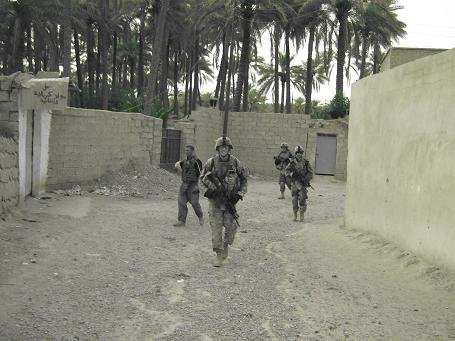Coming Home: What Civilians Should Remember
What can Oklahoma civilians do to embrace their soldiers and help them overcome the challenges they may face when returning from combat?
“The war experience is very, very different from day-to-day life in our great country,” Lyall says. “Adjusting back to civilian life can be challenging. Time, patience and support from others are extremely important. This is particularly true for family members and those responsible for the well-being (medical personnel, clergy, employers, etc.) of veterans. In this way, we all must take time to learn about military experience and support veterans and their families. Many Oklahoma veterans make a smooth and timely transition back to civilian life; others require support from us. We should be honored to give that support.”
Ewing issues a call to action.
“Please volunteer to help a veteran or his or her family,” she says. “Thank veterans for their services. Reach out to your co-worker, your neighbor … Let’s never forget the sacrifices that veterans make to ensure we keep the freedoms we hold dear and honor their service by volunteering in some capacity to help veterans or their families.”
“As the war comes to an end and those who serve return home, the biggest challenge they face is being forgotten,” says Tanner. “The physical and emotional wounds of war will remain with those who serve and their families for many years … We must not forget. Let’s all pitch in and help. Look around you – in your kid’s school, in your faith community and even in your own family. None of us are untouched by this war. Many of these families are fighting to survive – they are caregivers or are just trying to figure out how to reintegrate their families. They need each and every one of us to care.”























